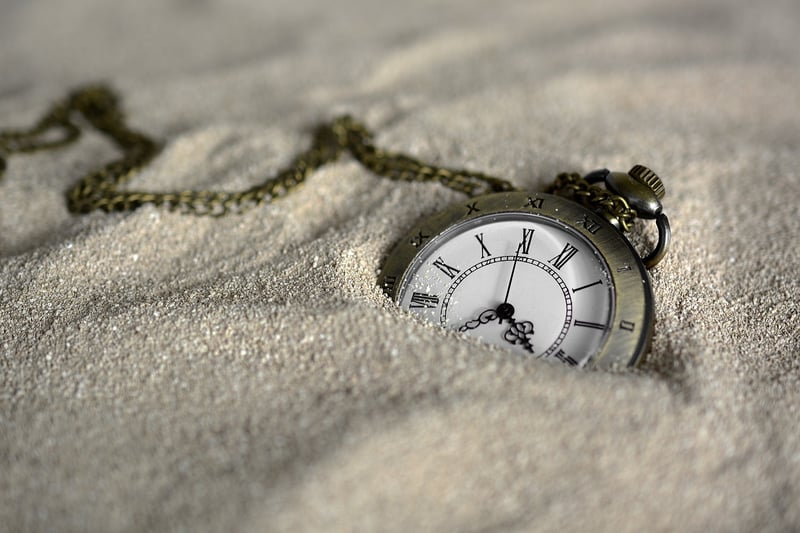Time Travel Regulations
The Ethics of Time Travel and Time Travel Regulations
Introduction
Time travel has long been a fascinating concept in science fiction, but what ethical implications does it pose? Let's delve into the moral quandaries of altering the past and the regulations that may govern time travel.
The Ethics of Time Travel
Time travel offers the possibility of changing historical events, but should we meddle with the past? Altering the timeline could have unforeseen consequences and disrupt the course of history. Ethicists argue that interfering with the past may lead to unintended harm, erasing people's existence, or causing catastrophic events.
Key Ethical Considerations:
- Respecting Autonomy: Should we respect the autonomy of individuals in the past, or is it justified to intervene for the greater good?
- Consequentialism: What are the potential consequences of altering the past, and how do we weigh them against the benefits?
- Temporal Paradoxes: Could changing the past create paradoxes that defy logic and ethics?
Time Travel Regulations
Given the ethical complexities of time travel, fictional and theoretical frameworks propose regulations to govern its use. These regulations aim to prevent abuse and ensure the responsible use of time travel technology.
Proposed Regulations:
- Temporal Non-Interference: Prohibiting interference with significant historical events to preserve the timeline.
- Temporal Agency Oversight: Establishing agencies to monitor and regulate time travel activities.
- Temporal Prime Directive: Following a principle of non-interference similar to the Prime Directive in Star Trek.
Conclusion
While time travel remains a theoretical concept, exploring its ethical implications and potential regulations is crucial for understanding the complexities involved. By contemplating the ethics of altering the past and considering regulatory frameworks, we can better appreciate the challenges and responsibilities associated with time travel.
Image source: Clock Time Travel Time Machine

